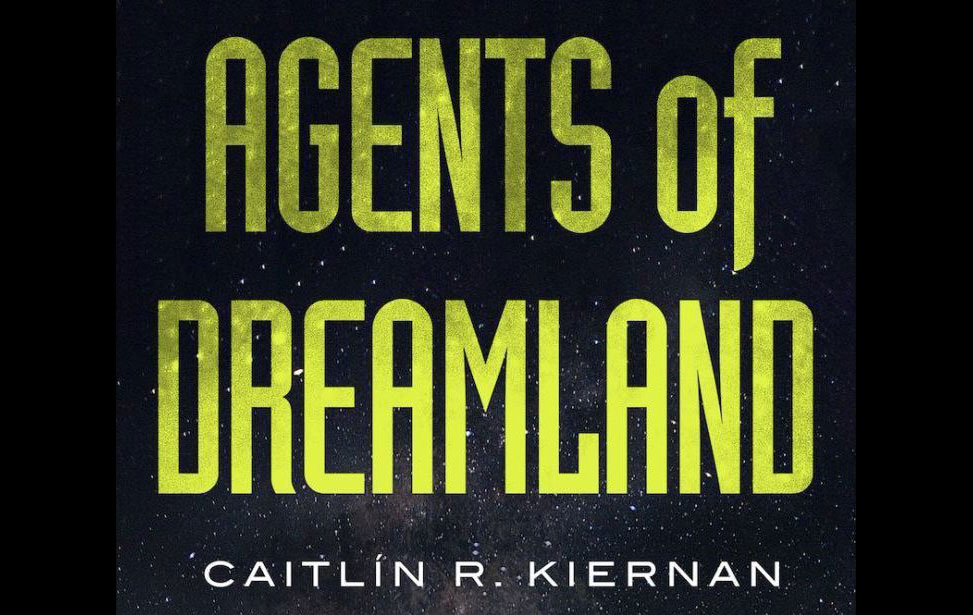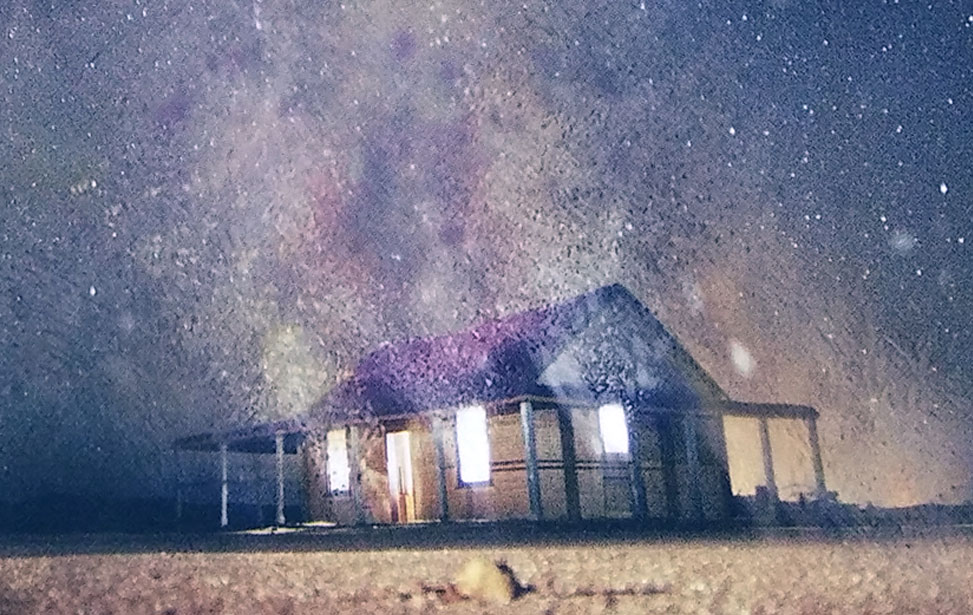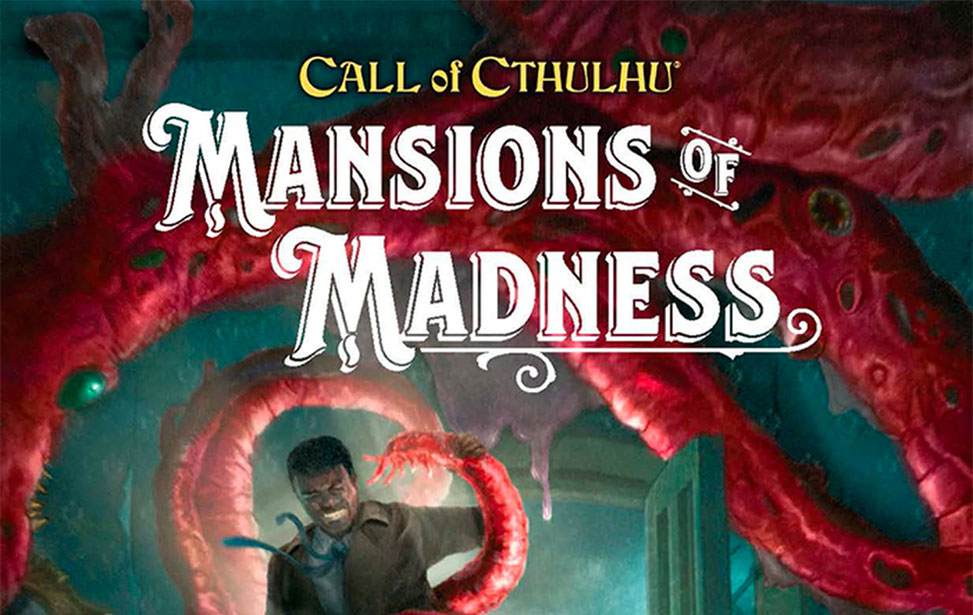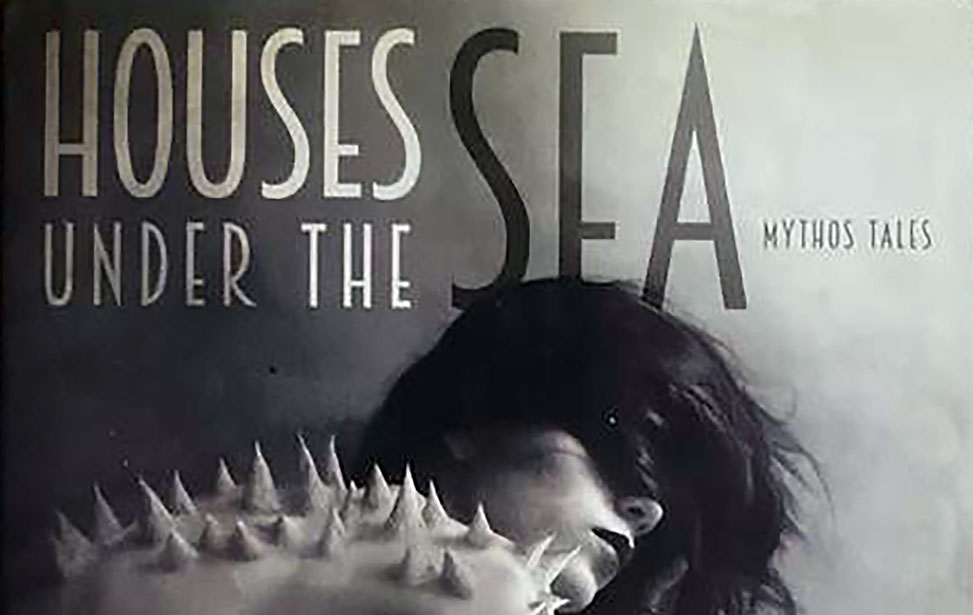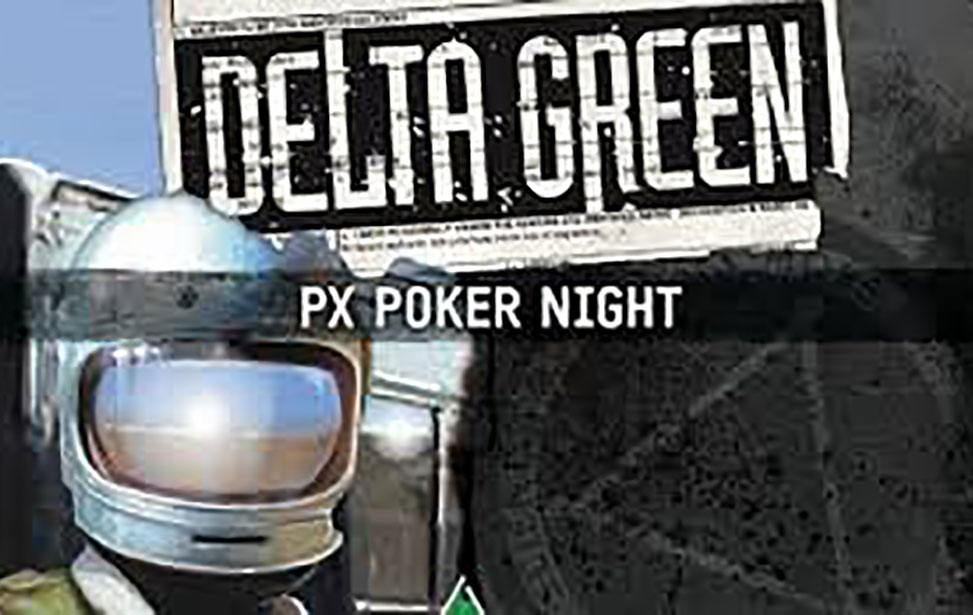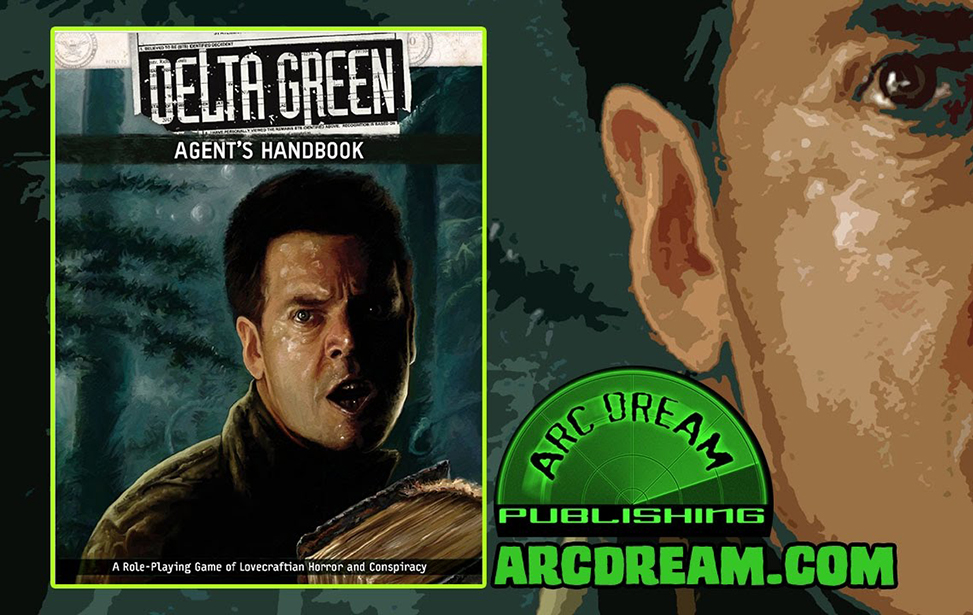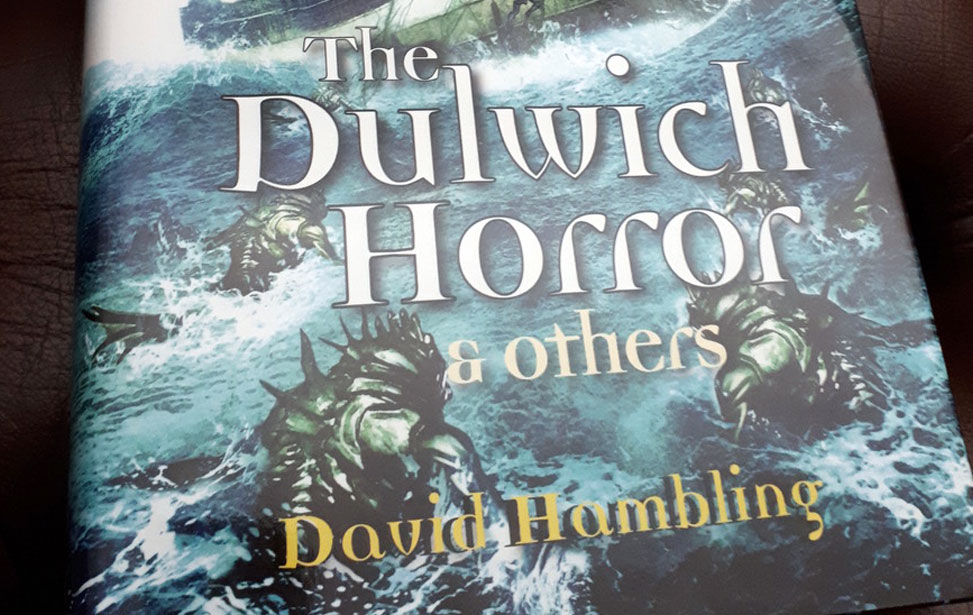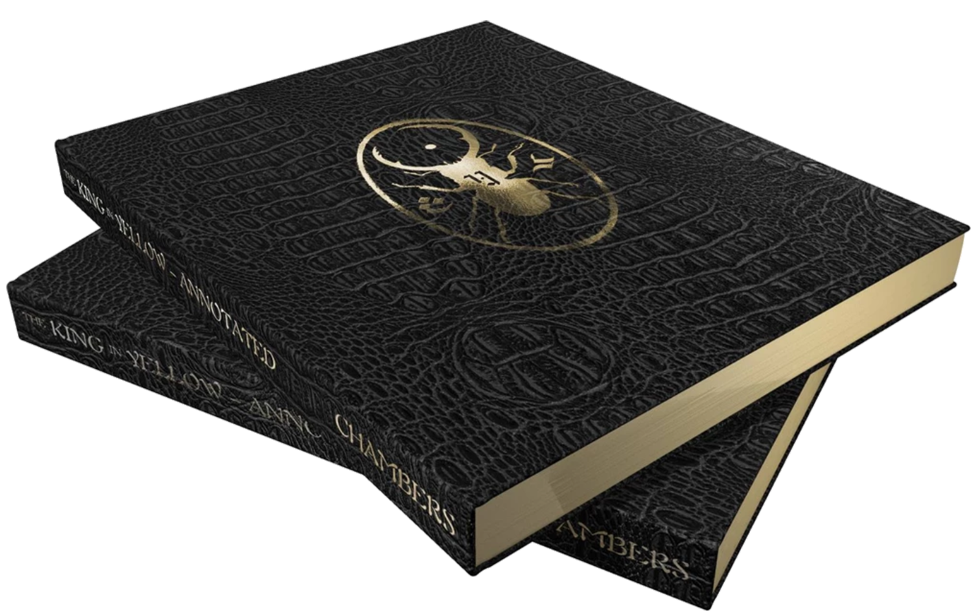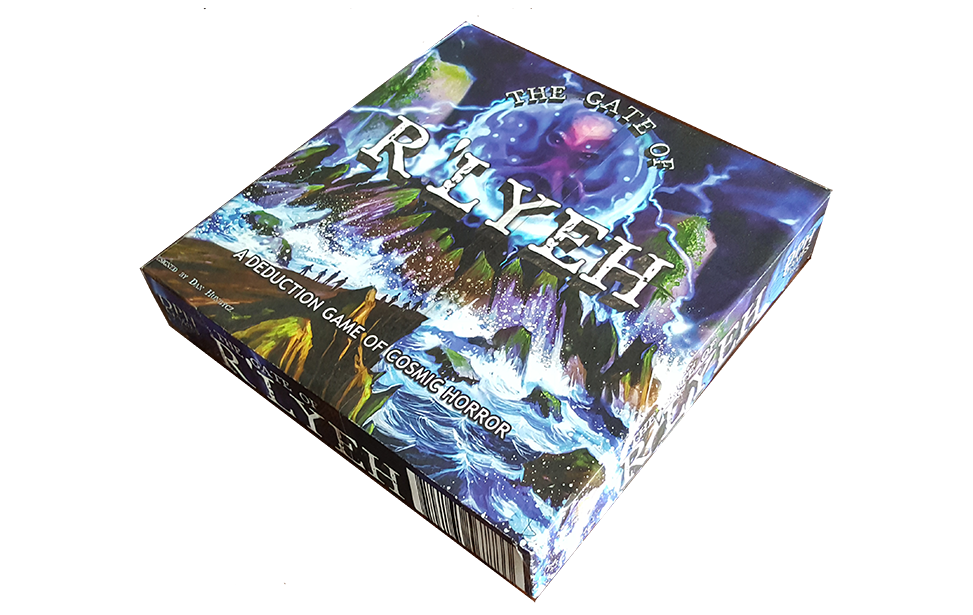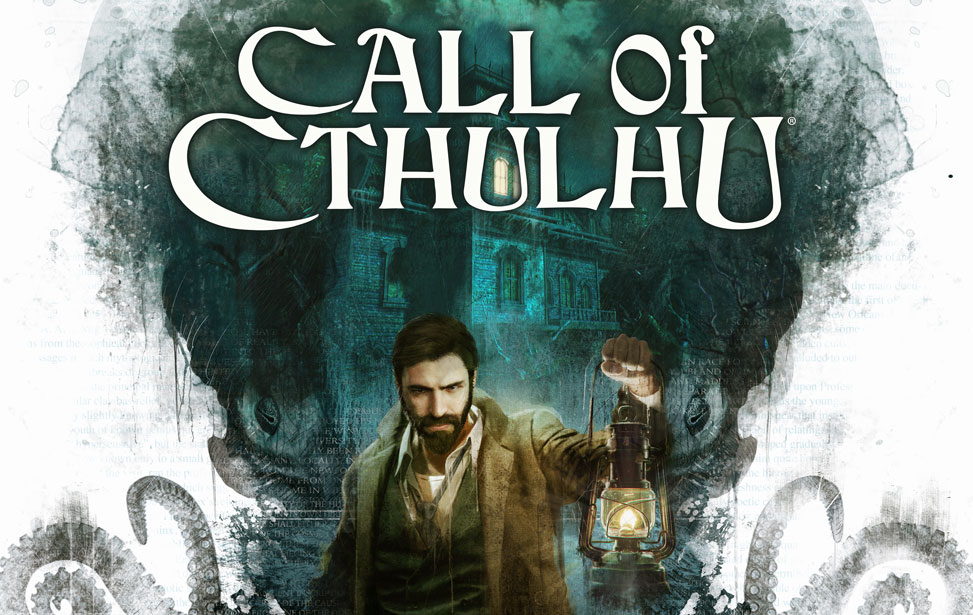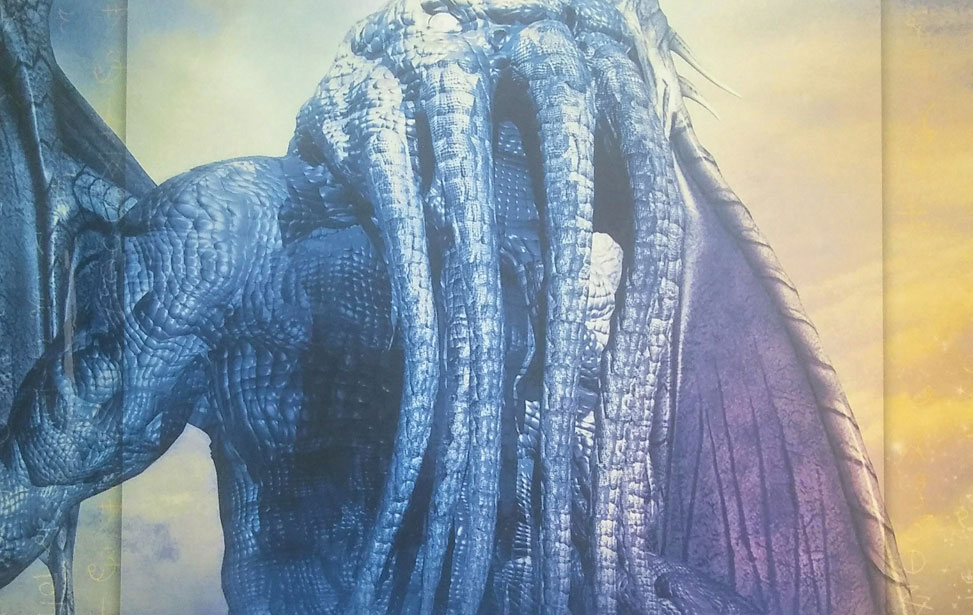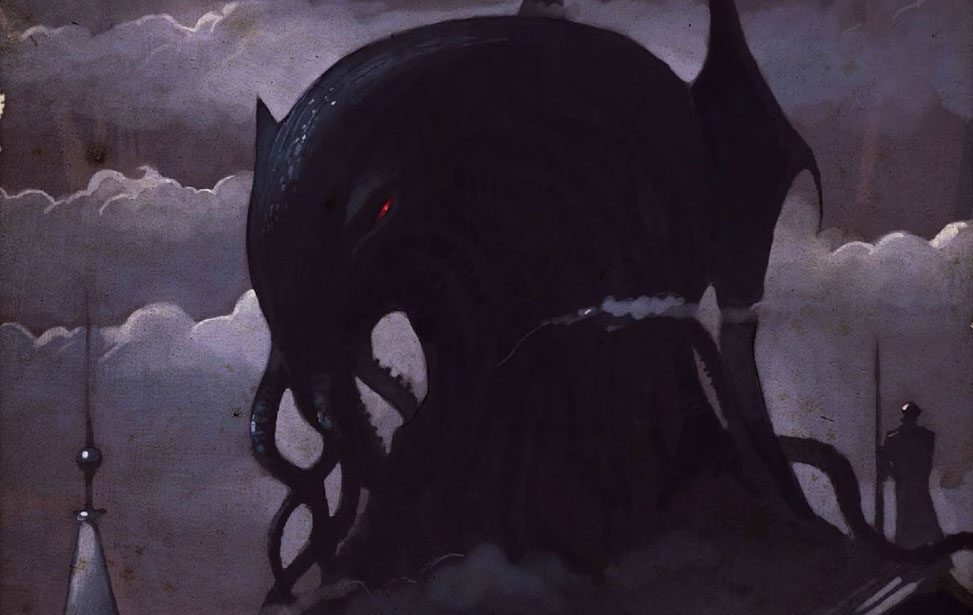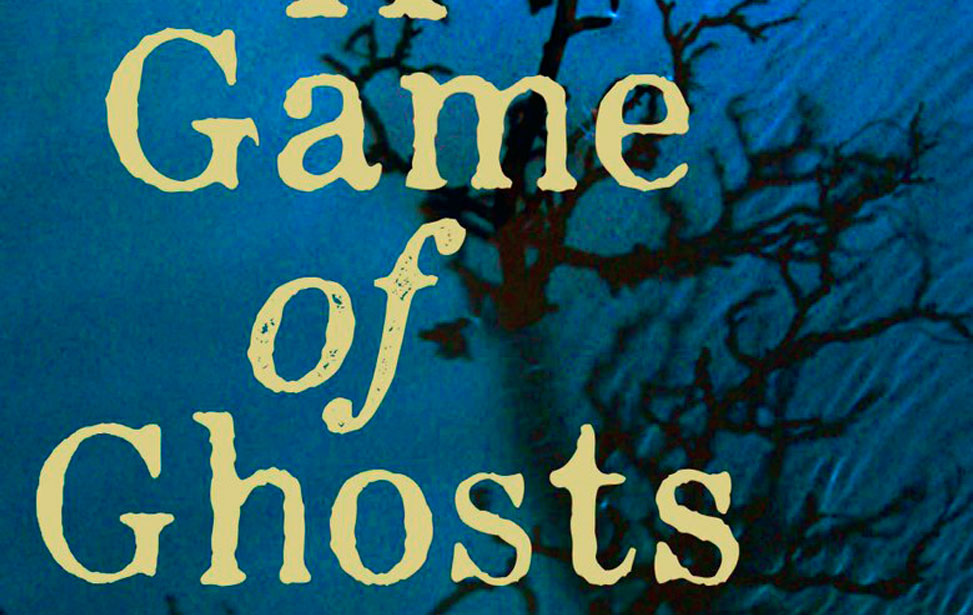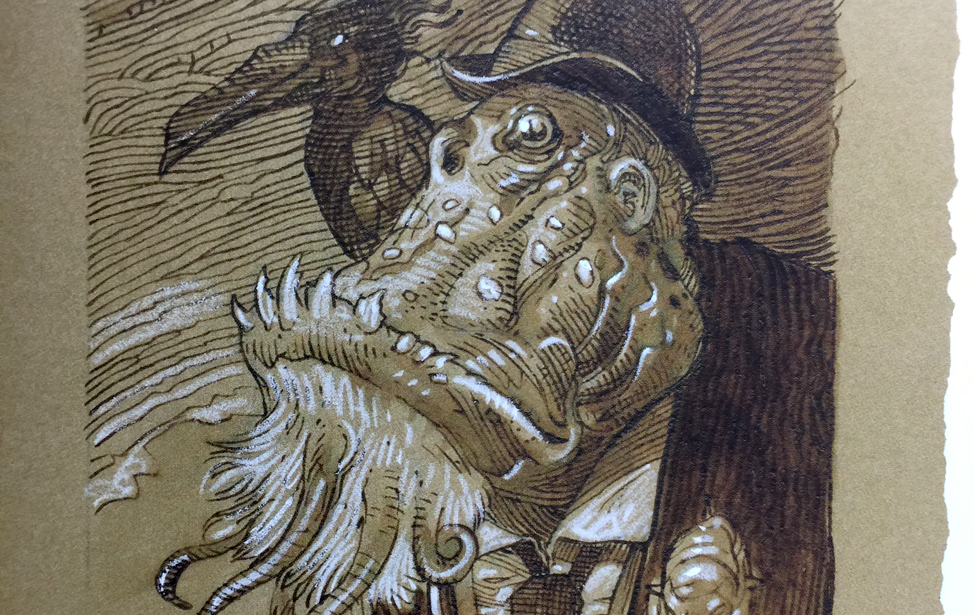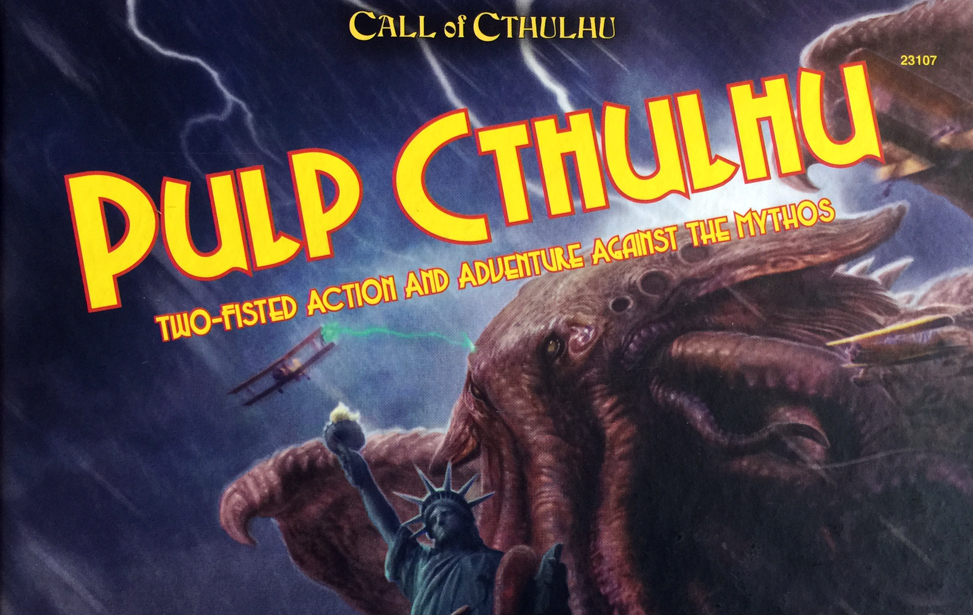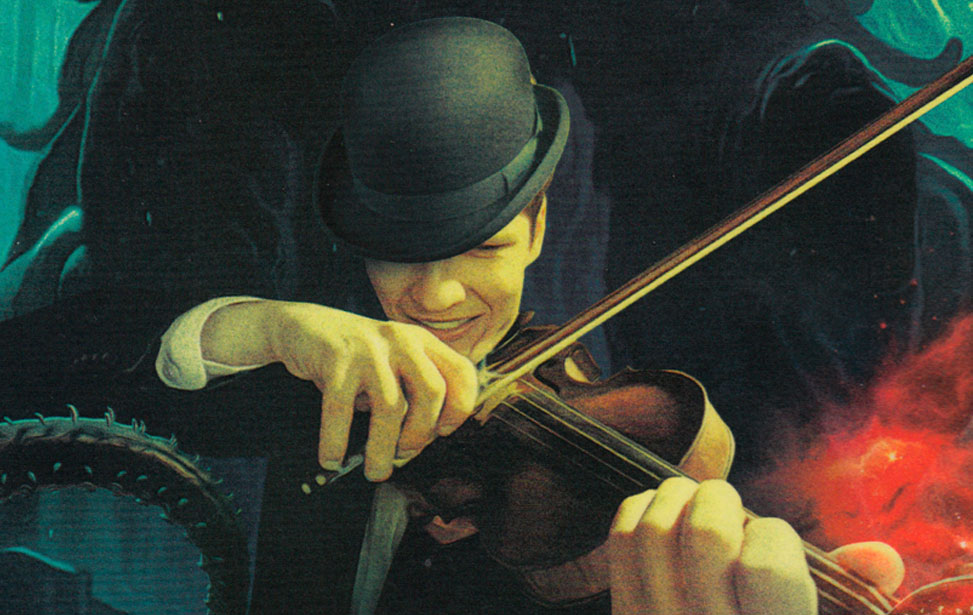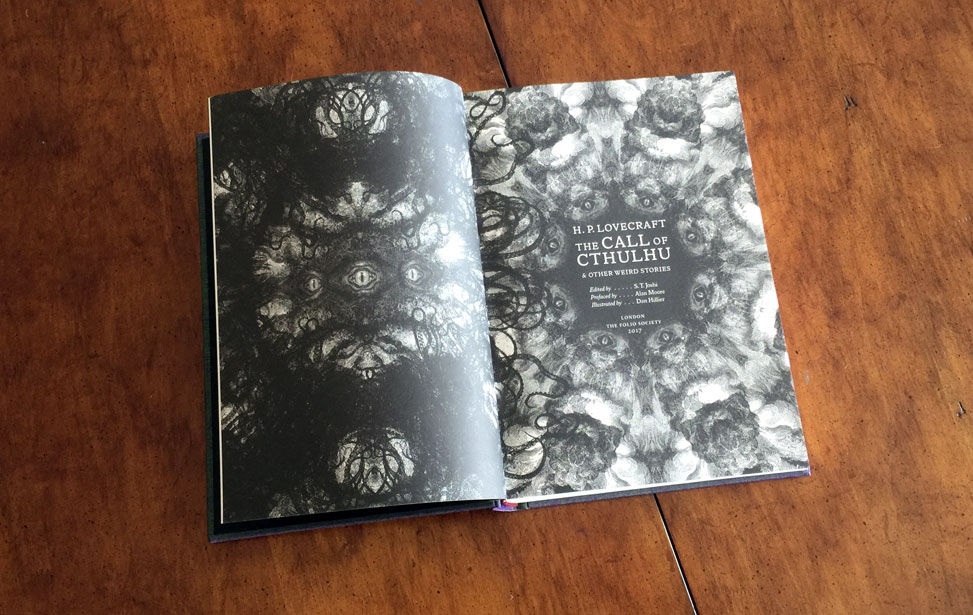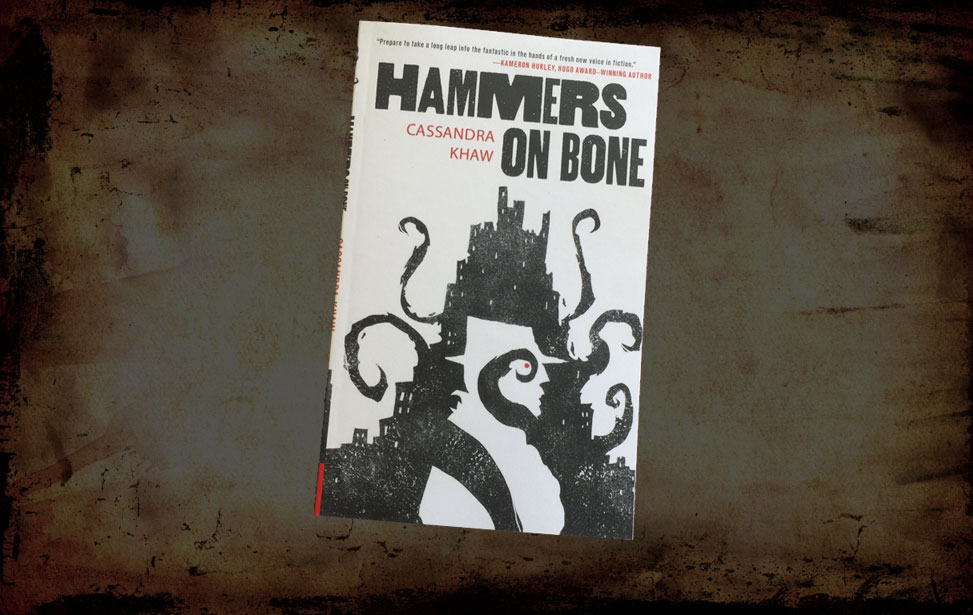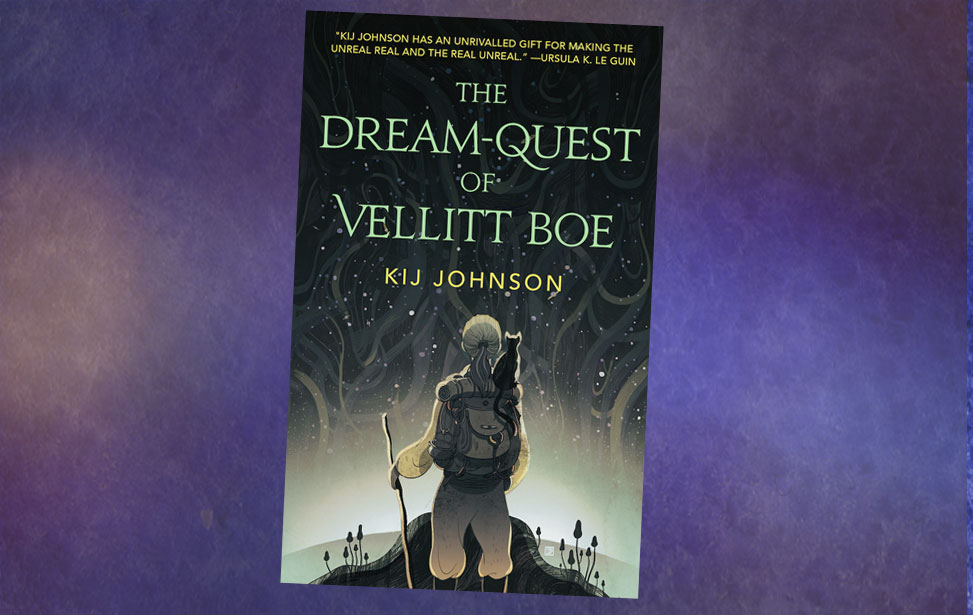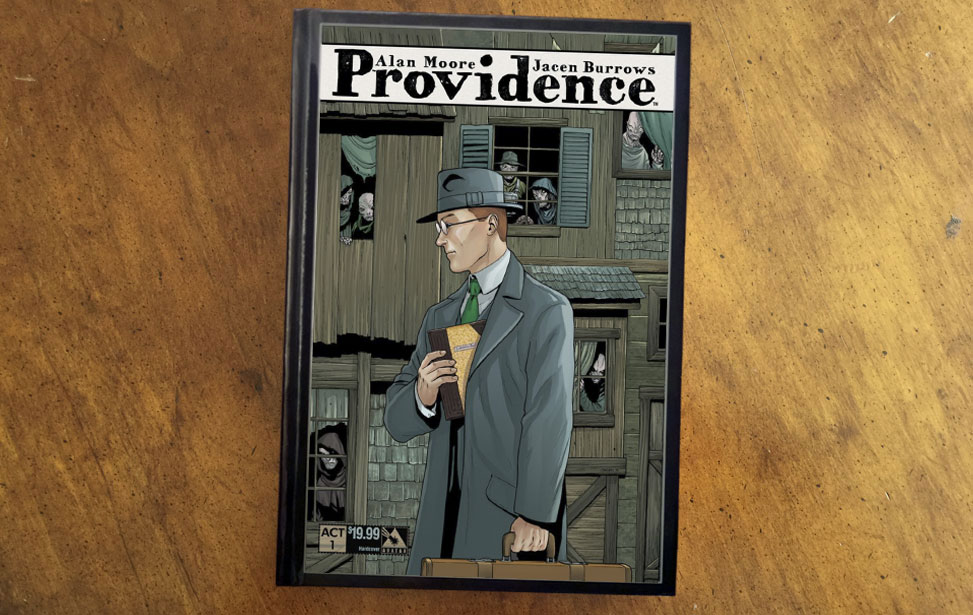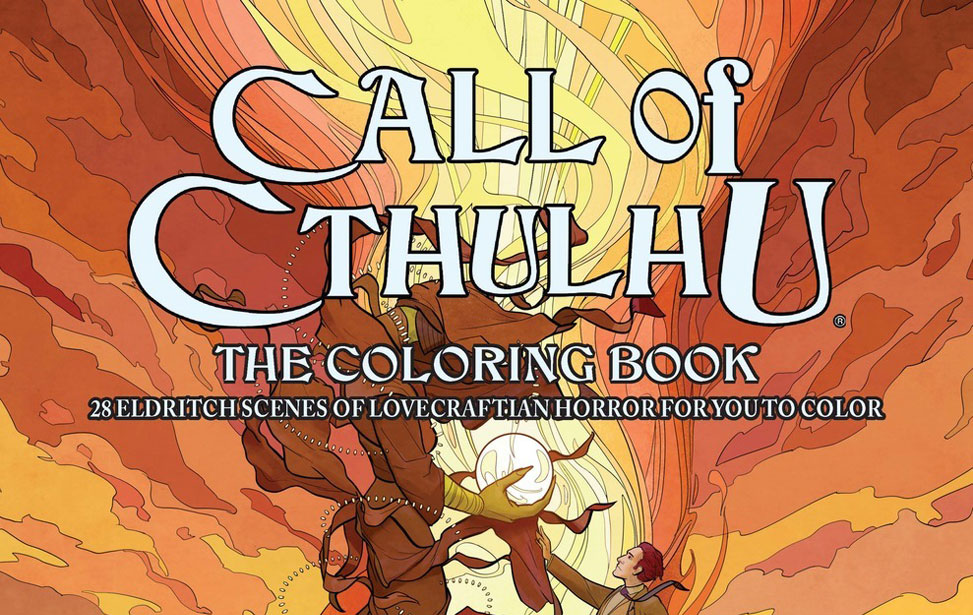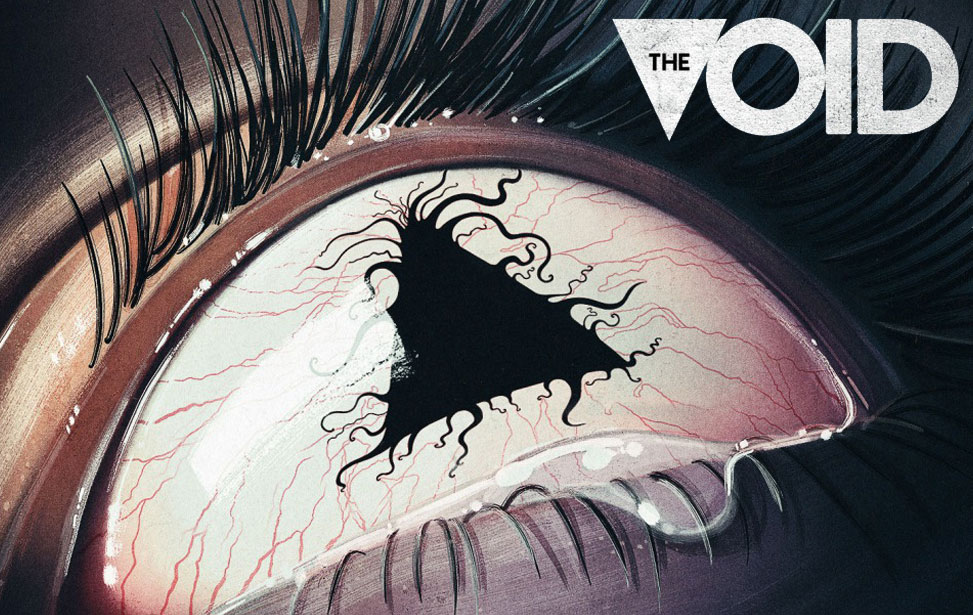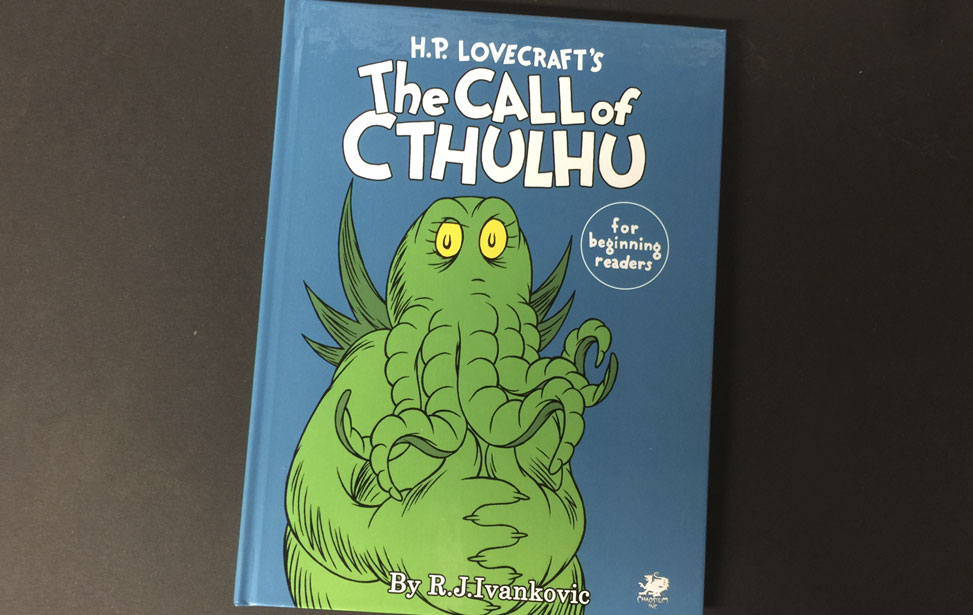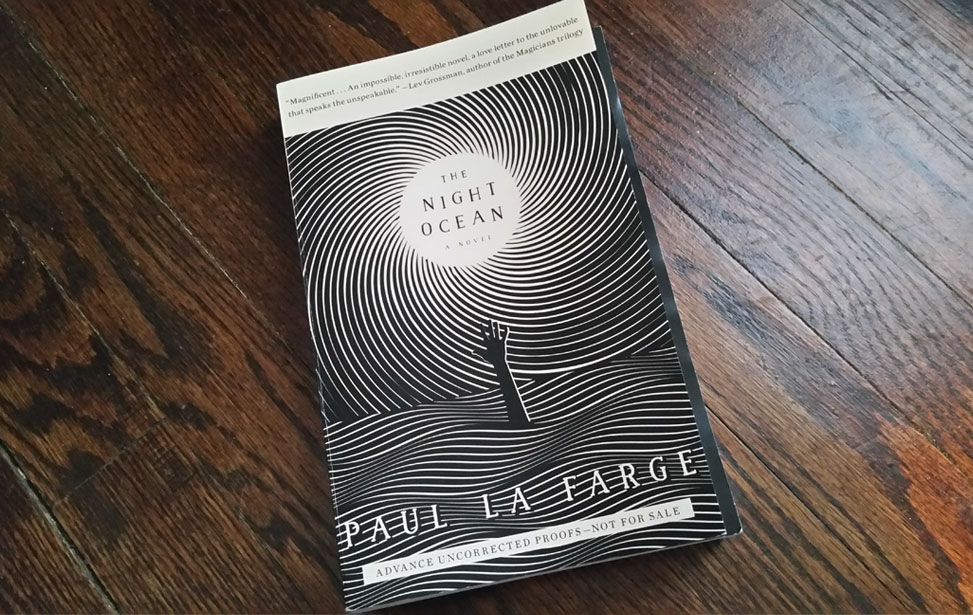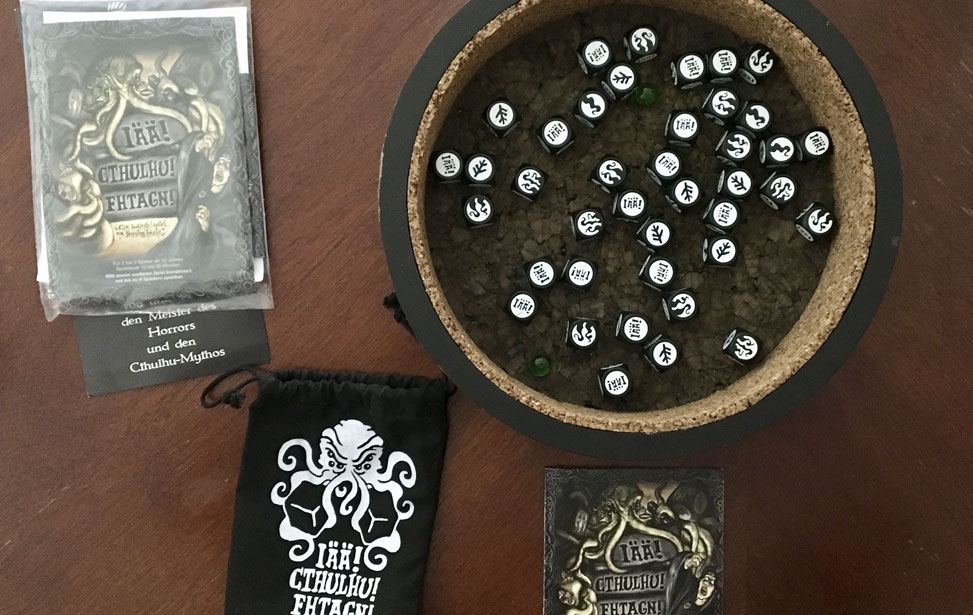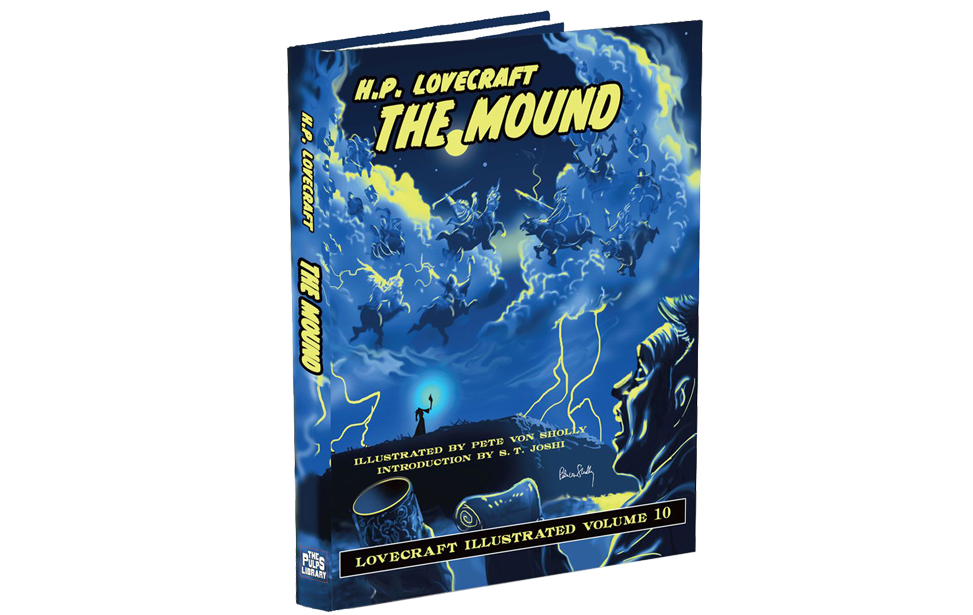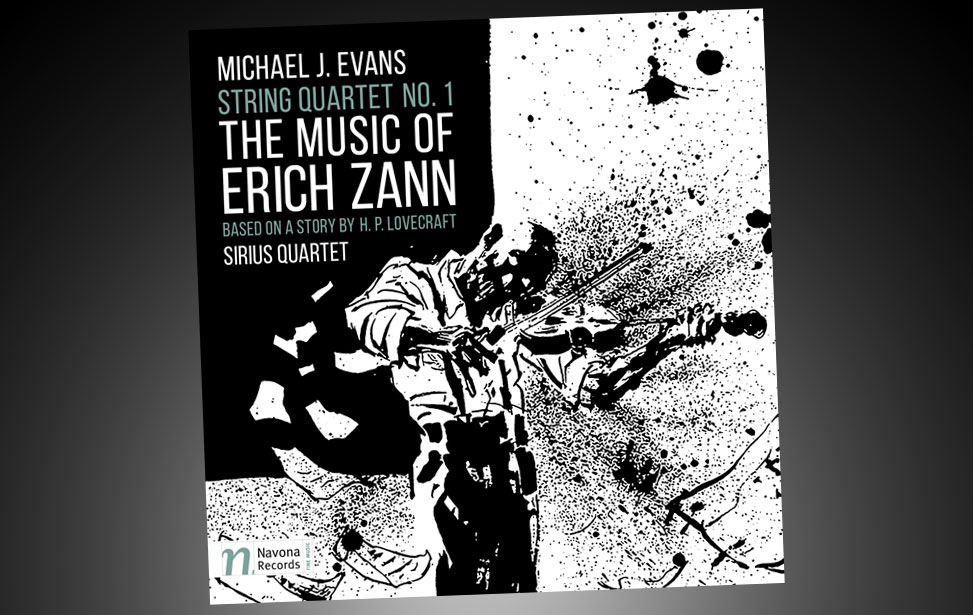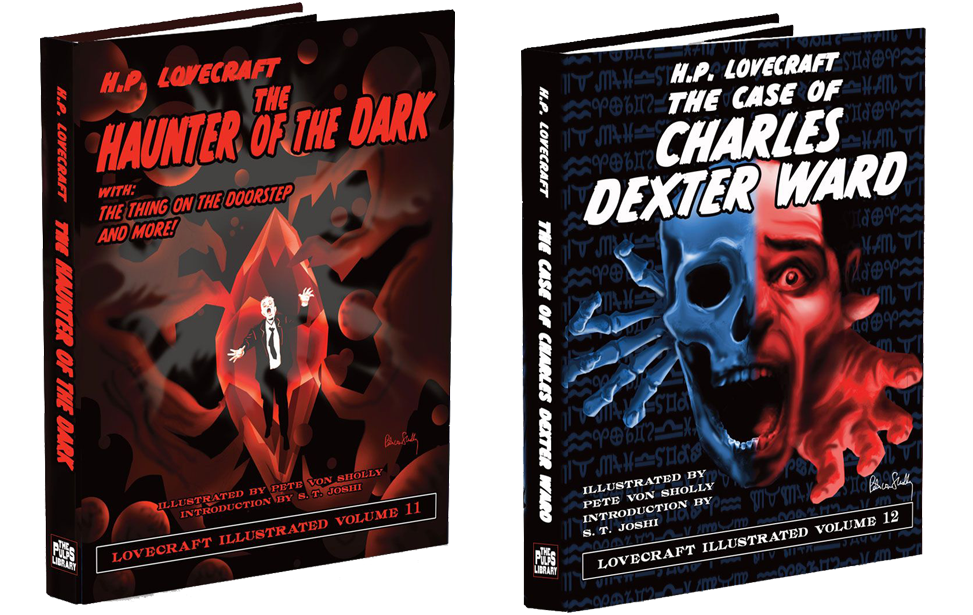Agents of Dreamland
A bleakly compelling jigsaw puzzle of a novella. Kiernan circles around a central mystery pulled from Lovecraft's works, and plays with conventions of hard-boiled pulp and noir, but delivers a distinctive and originally told tale. If the plot, when fully revealed, feels a bit anticlimactic, that's more than made up for by the atmosphere along the way and the implications which reverberate as you close the book's covers.
- Overall: B B B B b
- Quality: Q Q Q Q Q
- Value: V V V V V
- Written by Caitlín R. Kiernan
- Published by Tom Doherty Associates
- Price: US $11.99/CAN $16.99
Review by James K. Nelson
May 8, 2017
A couple of questions may enter your mind when you first pick up Agents of Dreamland, the new novella from Caitlín R. Kiernan. When you read the back-cover blurb, you may well wonder how all those plot elements are ever going to fit into the slim volume in your hands. And if you’re familiar with your Lovecraft, you may wonder if the “Dreamland” in the title means this will touch upon the relatively whimsical Dunsany-inspired Dream-cycle stories.
So...is this whimsical? Oh…, no. Heck no. This isn’t a joyless exercise, by any means, but the overriding atmosphere ranges from gritty to desolately bleak. I’m all for authors putting their own spin when working within a world inspired by another author’s writings, but still tend to be disappointed if a Lovecraft-inspired story I’m reading ends up being a rotely-plotted happy-ending adventure. It seems simply too incongruent. Have no fear of that here. Kiernan, a prominent fixture of today’s ‘weird fiction’ scene, fully embraces the themes of humanity’s basic helplessness in the face of a cruel and uncaring cosmos, and that any small victories are but delays of inevitable horror.
The book opens with a terrific opening chapter that introduces the main protagonist, a government agent called the Signalman (why “the Signalman” we wonder…), meeting his contact, a woman with the eyebrow-raising name of Immacolata Sexton, in an out-of-way diner. The Signalman shows enormous distaste for his contact, and we sense he’s right to be disturbed. Their tense exchange about some horrible and important event on a secluded ranch is filled with weird allusions and grim insinuations. From there the chapters jump around in both time and place, filling in pieces of puzzle as we go, bouncing around until arriving back to the story’s conclusion.
Whatever bleakness lies at the foundation of this story, there’s a real joy for the reader in working one’s way through this book. If all those disparate elements from the cover blurb sound like a lot to cover, Kiernan handles it all perfectly, delivering a brisk, non-linear patchwork of characters and narrative revelations, dangling mysteries in front of the reader while also steadily providing enough clues and answers so we don’t feel completely adrift. There’s a skillfully induced atmosphere in the language, in how information is revealed, and in what mysteries Kiernan chooses to keep a mystery - enough is resolved to satisfy the reader, but we never fully get our bearings on the forces at work.
The actual narrative arc of the main story is, in retrospect, rather simple and a bit anticlimactic, and the main characters are in large part bystanders to events. But perhaps more to the point, upon closing the book, the reader is left to reflect on the story with a deep unease and a sense of horrific inevitability.
I’ll gladly trade a few plot hooks for something that manages to get under my skin so effectively. I highly recommend Agents of Dreamland. Lovecraft aficionados will pick up on more clues and backstory than the uninitiated, but the book stands on its own as a compelling piece of contemporary weird fiction.
